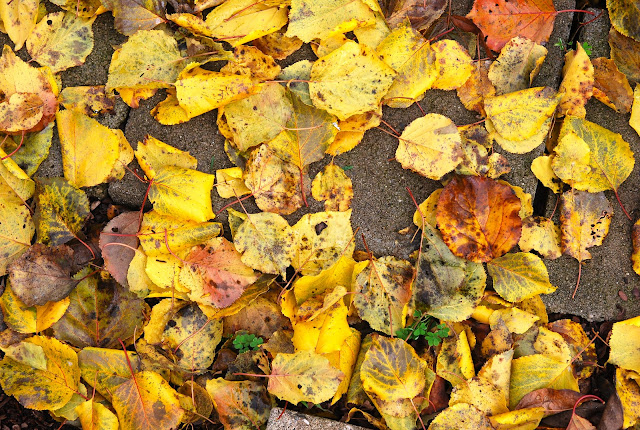The 2010 December Daring Bakers’ challenge was hosted by Penny of Sweet Sadie’s Baking. She chose to challenge Daring Bakers’ to make Stollen. She adapted a friend’s family recipe and combined it with information from friends, techniques from Peter Reinhart’s book........and Martha Stewart’s demonstration.
Stollen bread was first made in Dresden, Germany in the early 1400’s. It was shaped into a loaf to represent the baby Jesus wrapped in swaddling clothes. The early stollen breads were rather tasteless because they were made during Advent, when the use of butter or milk was banned. Eventually, the Pope allowed the use of butter and eventually dried and candied fruits were used to sweeten the bread.




